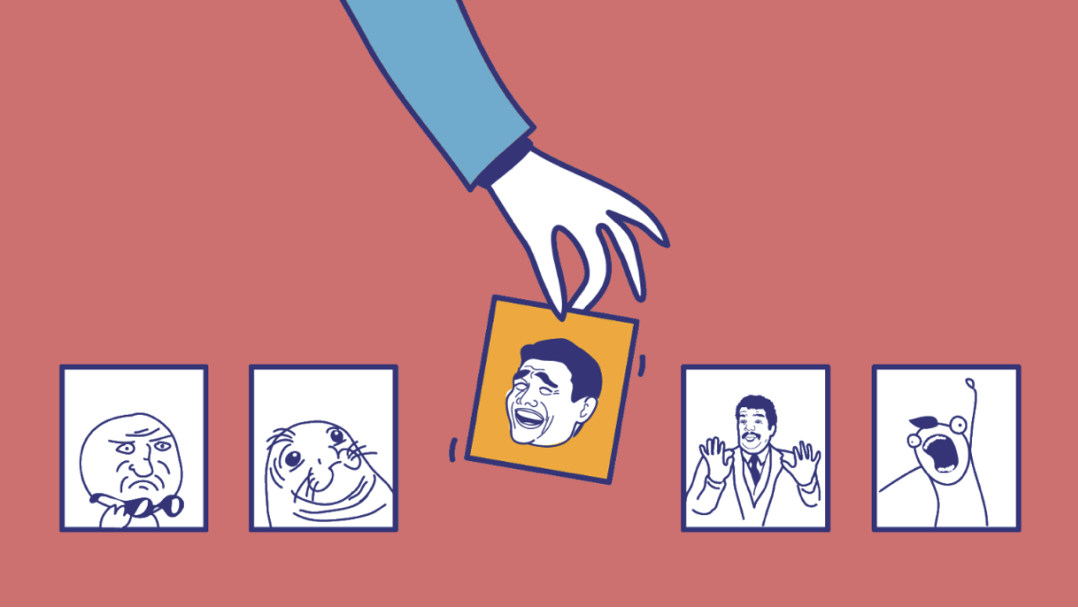We are in 2021 and our meme games keep progressing. From turning our friends into stickers and memes to knowing some lines by heart, memes have become an ironic part of our lives. Some make us laugh, some are “attaccs” and others are just… well, real. It’s funny how one photo with one tagline can take over the world in only a few hours, right?
An exploratory study done by Akram et al., 2020 found that individuals with depression were more likely to relate to share and react to “depression memes”. Memes about depression also proved to improve moods and were more relatable than others!
Turn On Builder
Sometimes people with depression tend to shy away from others and they spend a lot of time inside of their own heads. It isn't unusual for a depressed individual to feel like they're strange or that people don't like them due to the things that they're going through. Being able to relate to others who are posting depression memes helps you to understand that you aren't alone.
Humour is good for us. A study showed the effects of humour on the people living in a homeless center . It states that humour increased dignity and joy in the people who lived there. It brought a sense of control and allowed people to relate to each other more. The use of humor also allowed serious discussion – about substance abuse, depression and HIV. (Jensen, 2017)
Memes and jokes about mental health could allow us to talk more openly and comfortably about taboo topics – even if that’s just the symptoms we have or our personal experiences. It can help us feel more connected, more relatable. But where do we draw the line?
Memes can also have some negative effects. Apart from being a means of ending stigma, memes might lead people to believe that what they’re feeling is okay – why? Because so many others are facing it too, it’s normalised. They may not feel motivated to seek help for their concerns. It might let them continue to self-sabotage or self-deprecate because everyone laughs with them and relates to them. Memes can be an easy way of escaping, and even denying what we are feeling.
It’s a way of coping with pain, it’s not a way of solving problems. When humor is used as a crutch for avoiding your problems, instead of as a method of coping with issues, it can turn into a problem. When the only way that you're dealing with your own pain is through sarcastic denial, you can inhibit your own growth and betterment.
– Dr. Nicole Cooper, Clinical Psychologist and CBT specialist at the Union Square Practice
Different kinds of humour that are usually used in memes. Some are affiliative, which means they are made to connect and relate with others. Self-deprecating humour can be seen in the type of memes that makes fun of or put down the person sharing them. Whereas, self-enhancing ones are empowering. Then there’s aggressive humour – jokes or memes made at the expense of other people.
A study by Beiger et al. (2011) states that individuals who score higher in self-defeating humour are also more likely to have low self-esteem, and show more symptoms of depression. Comparatively, another study states that people who use no humour or self-deprecating humour in stressful situations feel worse than people who use self-enhancing humour.
The difference here is in terms of context and the people who make and relate to the memes. We are more likely to laugh at a comedian’s joke about depression when he is also open about experiencing it, the same applies to memes. A third person making fun of the comedian experiencing depression would be aggressive.
Memes mostly come from a place of personal experience, whatever it might be about. It’s important to remember that. It’s fun to share and look at and be a part of the meme culture, but it might also be important to be aware and mindful of what we do share or make of it.
Ask Yourself:
Is the meme meaningful to you? Is it disclosing something you are not comfortable talking about? Does it empower you? Is it light and fun? Could it invalidate someone else’s experience or mock them?
Here are a few things to keep in mind:
1. Be mindful of the meme you are reading, seeing or laughing at, and be mindful of your feelings in that moment.
-
Before sharing memes, think about others! Could it trigger someone? (don’t forget to put a TW if it does) Could it make someone particularly uncomfortable in the group?
-
If someone shares a lot of memes that are self-deprecating or aggressive, check up on them! Many people hide behind the mask of memes, but might be feeling overwhelmed at that moment.
-
Memes come from a place of empathy and personal experience. They allow you to share information, talk about taboo topics and spread information…and then there’s the other dark side – of bullies and harassment done through memes. Meme responsibly!
If you feel like you relate to a lot of memes that talk about mental health concerns – it’s okay! That’s a great way of coping with your stressors. But so is some guidance and help. Please seek help professionally. This does not mean you should not laugh at memes, you can – it provides respite in the moment but it’s also important to take care of yourself, of your feelings and thoughts in the long run.
Meet The Author








